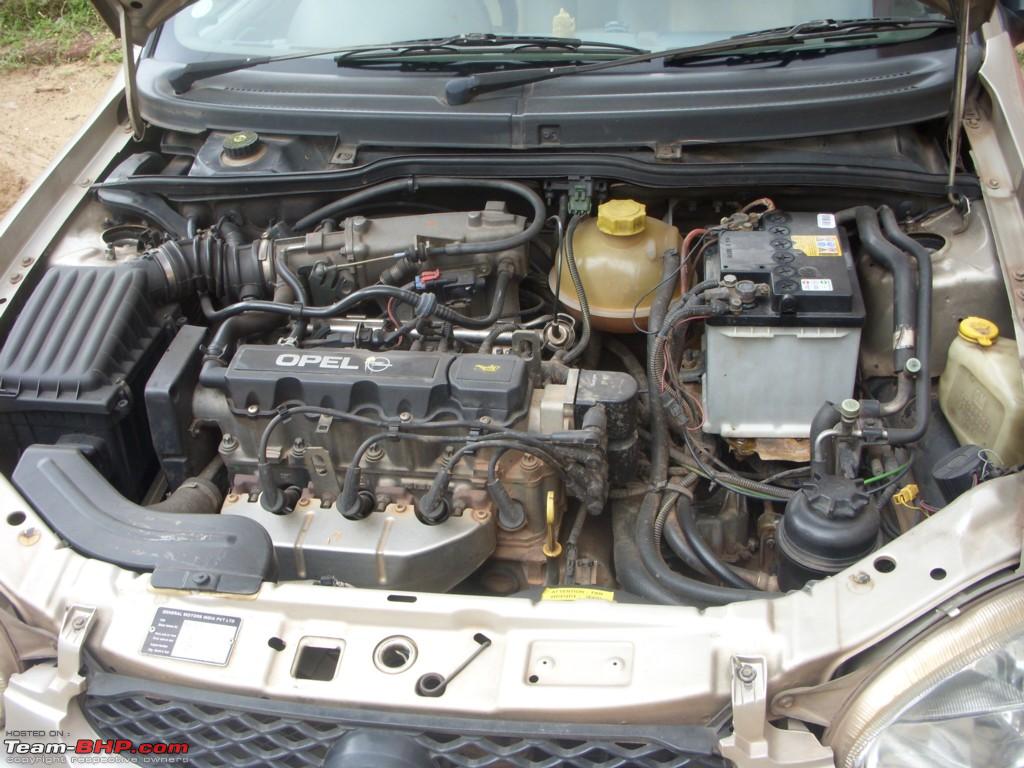Smart Customer's List: Secret Includes to Evaluate in Engines Before Buying
When thinking about buying an engine, there are several crucial functions that a discerning customer need to assess to guarantee they are making a well-informed choice - Opel Corsa 1.4 Engine Price. From the sort of engine to its performance metrics, fuel efficiency, maintenance, and longevity costs, each facet plays an important role in determining the engine's suitability for the designated objective. By very carefully examining these variables, buyers can make a purchase that not just fulfills their present needs yet also proves to be a smart long-term investment
Engine Kind Assessment

For applications calling for high power outcome, such as heavy-duty commercial machinery or large lorries, diesel motor are typically liked because of their efficiency and torque abilities. On the other hand, fuel engines are frequently selected for smaller equipment, lorries, and power devices where lighter weight and greater RPM efficiency are advantageous.
Furthermore, the setting in which the engine will run have to be taken into account. Elements such as air, elevation, and temperature top quality can impact the engine's efficiency and longevity. Choosing an engine type that appropriates for the specific operating problems will certainly help make sure optimum effectiveness and resilience.
Performance Metrics Assessment
Examining performance metrics is crucial in figuring out the performance and efficiency of an engine for its designated application. One essential metric to take into consideration is the power result, usually determined in horsepower (HP) or kilowatts (kW), which shows the engine's capability to execute work. Torque is another crucial metric as it represents the rotational force created by the engine, affecting its capability to conquer resistance and accelerate. Fuel efficiency is a vital performance statistics, highlighting just how properly the engine converts gas into useful energy. Furthermore, examining emissions degrees, such as co2 (CARBON DIOXIDE) and nitrogen oxides (NOx), is essential for guaranteeing environmental conformity and minimizing the engine's eco-friendly effect. Thermal performance, a procedure of just how well the engine transforms warmth from gas burning right into mechanical job, is also fundamental in evaluating overall performance. By meticulously reviewing these efficiency metrics, customers can make educated decisions when selecting an engine that straightens with their certain requirements and purposes.
Fuel Effectiveness Assessment
Examining fuel effectiveness is a critical element in figuring out the functional cost-effectiveness and environmental impact of an engine. Fuel effectiveness describes the amount of energy an engine can remove from a particular quantity of fuel. It straight influences the total business expenses of the engine, making it an essential factor to consider for buyers wanting to optimize their long-lasting costs.
When evaluating gas effectiveness, it is vital to take into consideration metrics such as miles per gallon (MPG) or liters per 100 kilometers (L/100km) relying on the area. These metrics give a clear indicator of exactly how far a lorry can take a trip on an unit of fuel, permitting buyers to estimate fuel expenses precisely. Furthermore, technologies like hybrid systems, turbocharging, and direct gas injection can considerably affect gas performance by boosting combustion efficiency and decreasing energy losses.
Inevitably, selecting an engine with high gas efficiency not only lowers functional prices however additionally minimizes carbon emissions, making it an ecologically aware choice. By prioritizing gas performance during the buying procedure, buyers can make educated decisions that align with their economic and ecological goals.
Longevity and Reliability Check

Considering the considerable impact of gas effectiveness on operational costs and environmental sustainability, the following important element to examine in engine acquisition is the sturdiness and integrity of the engine. Resilience describes the engine's capacity to withstand wear, deterioration, and stress over a prolonged duration, making certain a longer life-span. Reliability, on the various other hand, relates to the engine's consistency in performance under various conditions without unanticipated failures or failings.
To evaluate the longevity and reliability of an engine, numerous aspects need consideration. Examining the engine's construction products and design can provide insight into its toughness and resistance to wear. Furthermore, assessing historic information on the engine model's performance, upkeep needs, and typical issues reported by users can help evaluate its integrity.
Additionally, accreditations from trustworthy companies, service warranty offerings, and supplier online reputation for generating reputable engines are beneficial indications of longevity and integrity. Performing complete research study, seeking recommendations, and evaluating maintenance records can aid in making an informed choice on buying an engine understood for its durability and dependable this content efficiency.
Cost and Maintenance Considerations
When contemplating engine acquisition decisions, an essential facet to delve into is the economic effects coupled with maintenance considerations. The cost of an engine expands past the first purchase price. In addition, assessing the upkeep needs of different engine versions is essential - Opel Corsa 1.4 Engine Price.
Final Thought
Finally, it is crucial for buyers to completely assess essential features in engines before making an acquisition. By thinking about the engine type, efficiency metrics, gas performance, toughness, cost, maintenance, and reliability demands, purchasers can make an informed decision that fulfills their assumptions and requirements. This extensive assessment procedure makes certain that purchasers select an engine that will certainly supply ideal performance and long life for their meant usage.
From the kind of engine to its performance metrics, gas efficiency, upkeep, and sturdiness expenses, each aspect plays a crucial role in establishing the engine's suitability for the desired purpose. Gas efficiency is an important performance metric, highlighting just how efficiently the engine transforms gas into useful energy. Fuel effectiveness refers to this hyperlink the quantity of energy an engine can draw out from a particular quantity of fuel.Taking into consideration the significant effect of go now gas efficiency on operational costs and ecological sustainability, the following vital facet to evaluate in engine acquisition is the durability and dependability of the engine. By taking into consideration the engine kind, efficiency metrics, gas efficiency, toughness, upkeep, integrity, and cost needs, purchasers can make an enlightened choice that fulfills their assumptions and needs.